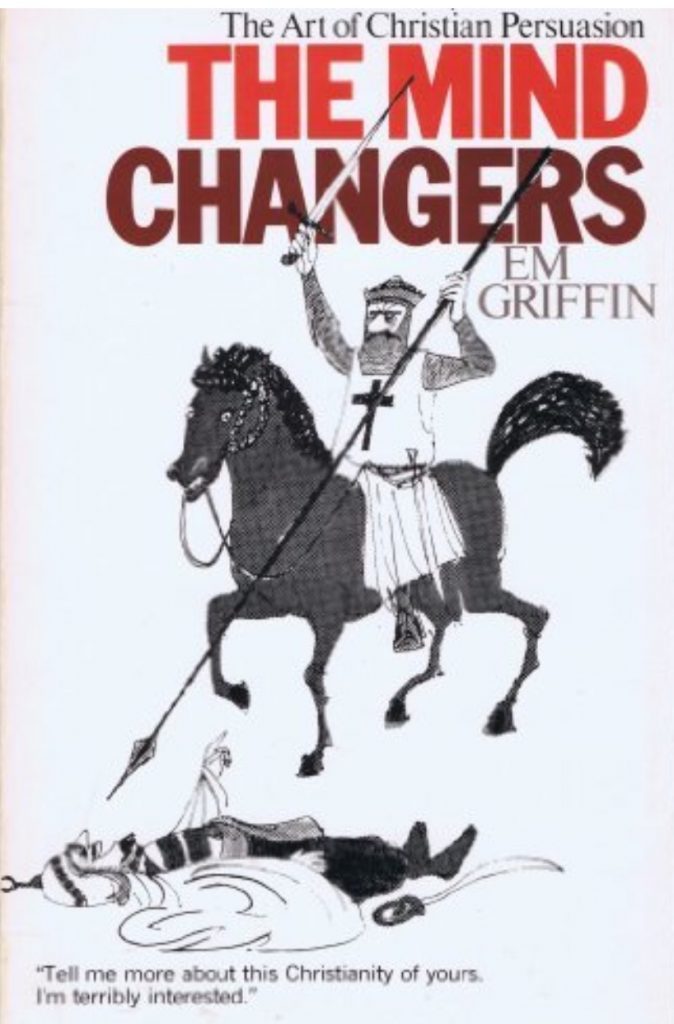
As is often the case when I write on a subject, related or relevant thoughts and ideas seem to mysteriously (coincidentally?) appear. That was the case in my last post on Post Modernism and Sharing Good News. This post is similar in that the subject post from Richard Beck stimulated another perspective for me to consider in reimagining evangelism:
“Is my understanding of sharing good news consistent with the nature and character of the kingdom of God? “
Beck’s questions at the end of his post are helpful to me in addressing my question.
The Kingdom as Agriculture
Posted on 10.22.2019

It’s not news that Jesus was drawn to agricultural metaphors when we shared parables about the Kingdom of God. But I’ve been thinking about that more and more, wondering what Jesus was getting at.
Specifically, I was reading in Mark 4 where Jesus compares the kingdom to planting and seeds three times in quick succession.
The Parable of the Sower: “A sower went out to sow. And as he sowed, some seed fell on the path…seed fell into good soil and brought forth grain, growing up and increasing and yielding thirty and sixty and a hundredfold.”
The Parable of the Seed: “The kingdom of God is as if someone would scatter seed on the ground, and would sleep and rise night and day, and the seed would sprout and grow, he does not know how. The earth produces of itself, first the stalk, then the head, then the full grain in the head. But when the grain is ripe, at once he goes in with his sickle, because the harvest has come.”
The Parable of the Mustard Seed: “With what can we compare the kingdom of God, or what parable will we use for it? It is like a mustard seed, which, when sown upon the ground, is the smallest of all the seeds on earth; yet when it is sown it grows up and becomes the greatest of all shrubs, and puts forth large branches, so that the birds of the air can make nests in its shade.”
Of course, each parable has its own particular interpretation. The seed needs receptive soil. The seed grows on its own. The seed will grow beyond its humble beginnings. Each of these, held together, provides a window into how Jesus thought about what he was doing in the gospels.
But what I want to ask is this: Is there something significant in thinking about the kingdom in these agricultural terms?
What strikes me is that, given the military and conquest expectations Israel had for her Messiah, these agricultural metaphors seem very unexpected. When you think of “kingdom” you don’t, I expect, tend to stare at a seed growing, day after day. When you think of “kingdom” you think of armies, walls, territory, and power. You think of Empire.
And then here comes Jesus with something that sounds like this: “The Kingdom of God is like watching grass grow.” How anti-Empire is that vision? And watching the grass grow is a strange sort of Revolution. Watching the grass grow isn’t, I’m guessing, anyone’s view of The Resistance.
Some other thoughts:
What does it mean that the kingdom is sown rather than taken?
What does it mean that the kingdom requires waiting and passivity rather than forcing and activity?
What does it mean that the kingdom begins with the smallest thing rather than the largest?
All that to say, I think there is something deeply subversive going on in Jesus’s agricultural parables.